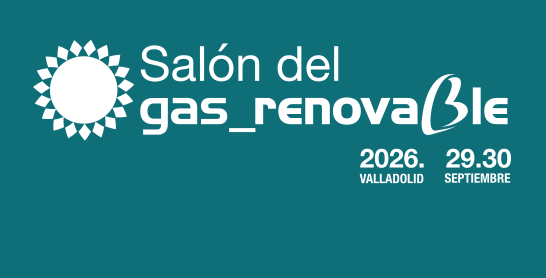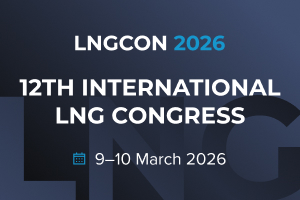U.S. Gain becomes largest RNG supplier in Oregon, US
The company has supply agreements with Salem Area Mass Transit District, Gresham Sanitary, Heiberg Garbage and Recycling and Pride Disposal. The news follows U.S. Gain’s announcement of an RNG supply agreement with the Port of Seattle for use at Seattle Tacoma International Airport.
Gresham Sanitary Service was the first company in Oregon to introduce natural gas refuse trucks in its fleet. As of March 100% of its primary fleet is now powered by RNG. Heiberg Garbage and Recycling has a fleet of 11 natural gas refuse trucks powered by RNG that displace over 60,000 gallons of diesel annually. Pride Disposal has been creating cleaner and safer neighbourhoods for over 34 years through its fleet of 25 natural gas refuse trucks in Sherwood, Tigard, King City, Beaverton, Durham, Hillsboro and Washington County communities. Moving to RNG produces even stronger environmental benefits for its customers.
“RNG offers significant greenhouse gas and criterion air pollutant emission reductions, benefitting not only our planet, but also the health and liveability for residents in our local communities,” said Alex Schay, with the NW Alliance for Clean Transportation. “Additionally, fleets may achieve meaningful cost savings through the use of RNG, which may be very helpful during the current economic slow-down, showcasing another way that RNG can make a real difference. We applaud U.S. Gain’s pursuit of opportunities in Oregon.”
Marten Mills, business development manager for U.S. Gain, commented: “We’re excited to bring RNG to the Oregon market. Given the creation of Oregon’s Clean Fuels Program, fleets can reduce emissions without compromising their bottom line. I’m honoured to work with leading organisations like Salem Area Mass Transit District, Gresham Sanitary Service, Heiberg Garbage and Recycling and Pride Disposal that are committed to improving quality of life for all of us on the West Coast.”
Salem Area Mass Transit District seeks to enhance community liveability through ‘innovative, sustainable regional transportation options’. Integrating natural gas transit buses was the first step in its quest to become more sustainable. Using RNG in place of natural gas cements its commitment to emission reductions.
“One of the District’s priorities is sustainability, and this move to RNG allows us to double down on our commitment to be strong environmental stewards,” said board president Ian Davidson. “Public transit has always been a cleaner ride than your run-of-the-mill car ride, but with this change, our air will be cleaner and our impact to the global climate system is reduced even further.”

















